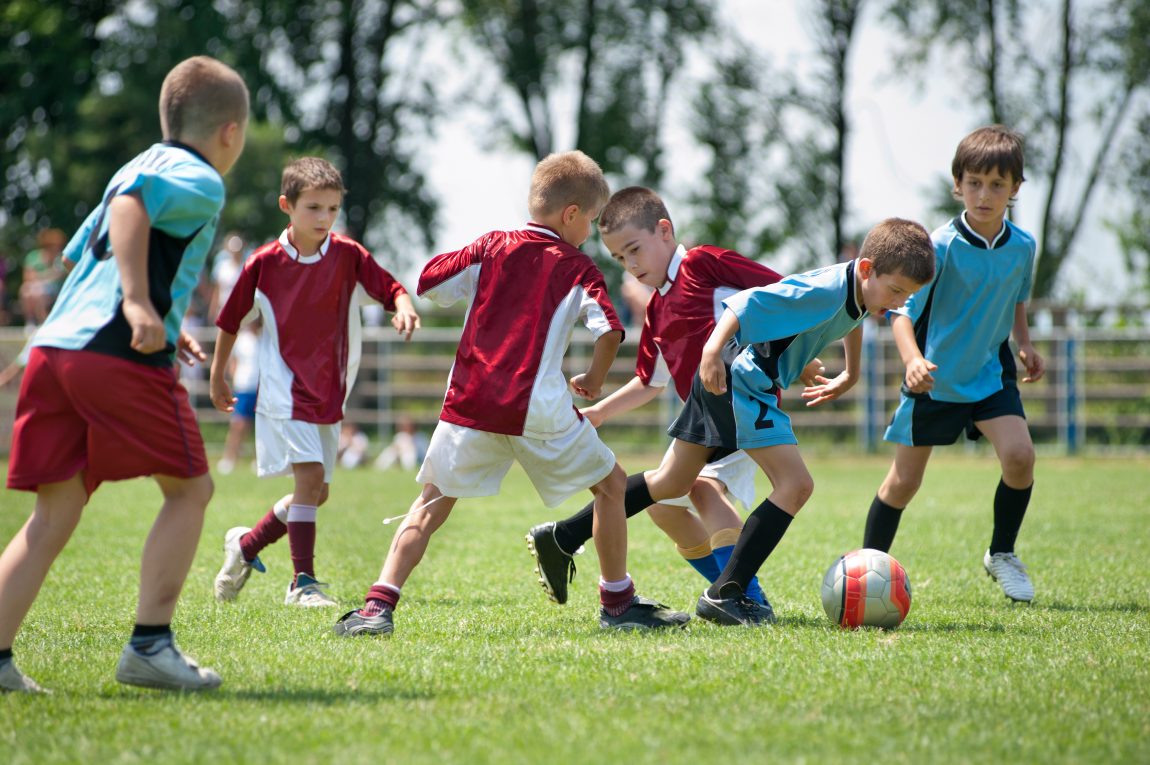
How Do We Teach Our Children To Lose?
As election season comes to an end, many Americans are left mourning the defeat of their political party. Many women are coping with the lost dream of the first female president and many parents are left trying to explain to their children what disappointment means. Although this is a difficult time for many Americans, it presents a good opportunity to teach our children how to cope with and accept loss and disappointment.
Although we all want our children to win at everything, losing is a natural and important part of life. Defeat is not necessarily always a bad thing. Many times losing allows us to grow and become stronger. When our child doesn’t do as well as they wanted on a test or loses an important game, we can use these moments as a chance to introduce the concepts of practice and perseverance. Most importantly, losing gracefully is an important tool that will allow your child to become successful in the game of life.
Losing is an important lesson to learn. As parents, our ultimate goal is to provide our children with the tools that are necessary for them to succeed in the world. There are not too many adults that haven’t experienced the pain of defeat or failure. We need to use our children’s experiences with defeat to teach them how to cope with loss and become stronger. There is a lesson that can be learned from almost any experience and it is our responsibility use that experience in a positive way to guide and teach them.
It isn’t always about winning. Every night before my son goes to sleep, we talk about our high and low of the day. It allows my husband and I to find out what is happening at school and of course address any problems. When your child experiences disappointment, ask them to find the “high” of the day. For example, maybe their favorite sports team lost but they got to spend quality time with their dad. It important to help them see that even if the result wasn’t what they wanted, they were creating happy memories and friendships along the way.
Find a strength in every weakness. Positive feedback is extremely important in building your child’s confidence and desire to try again. When your child is faced with defeat, it is important to point out their strengths. “I know you didn’t win today’s soccer game, but I was really impressed with how well you passed the ball.”
Good sportsmanship helps to create strong leaders. Teach your child the importance of congratulating a teammate on a great play or opponent on their win. We need to show our children how to lose with grace and succeed with resilience. For many children, the soccer skills they learn as a child will not transitions into adulthood. However, good sportsmanship is a quality that will help them succeed in future relationships and in the work place. Start by being a good role model for your child!
Perseverance, Perseverance, Perseverance. One of the most important lessons my father taught me growing up was that anything is possible as long as you work hard. When a child experiences defeat, it is an opportunity to teach him or her the importance of hard work, dedication, and the will to succeed. Ask your child what they think they can improve on before the next game or test. Help them establish a realistic goal and create a plan to achieve that goal.
I hope this helps you with your journey!



